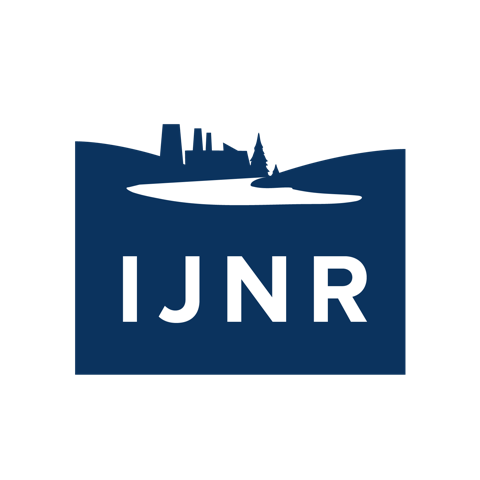Traditional Ecological Knowledge:
Decolonizing Conservation and Rethinking Resource Management
June 26-28, 2022
Duluth, Minn.
For millennia, indigenous peoples have built and maintained extensive knowledge about the world around them. More recently, academics and federal and state resource managers have taken note, referring to Indigenous Knowledge Systems as “traditional ecological knowledge,” or TEK, and involving Native knowledge-bearers in development of environmental policy and resource management.
From changing fisheries to toxic hotspots and climate adaptation strategies, TEK is informing conservation and restoration efforts in and near the vast inland sea we now call the Great Lakes. But much of this work is in its early stages, and while tribal, federal, state and scientific officials want to collaborate, they often encounter obstacles to integrating Western bureaucracies with place-based, distinctly non-Western knowledge systems.
The Institute for Journalism and Natural Resources hosted a two-day, three-night workshop on TEK and Great Lakes resource management, from June 26-28 in Duluth, Minn., with excursions to visit with and learn from tribal resource managers and their federal, state and academic counterparts. The workshop offered participants the opportunity to see firsthand how both ancient knowledge and new research are shaping our relationship with the Great Lakes and the lands around them.
Itinerary
Participating Journalists
Post-Workshop Stories
This workshop made possible by the support of the Joyce Foundation.
IJNR maintains editorial independence and control in all of its programming and decision-making.

